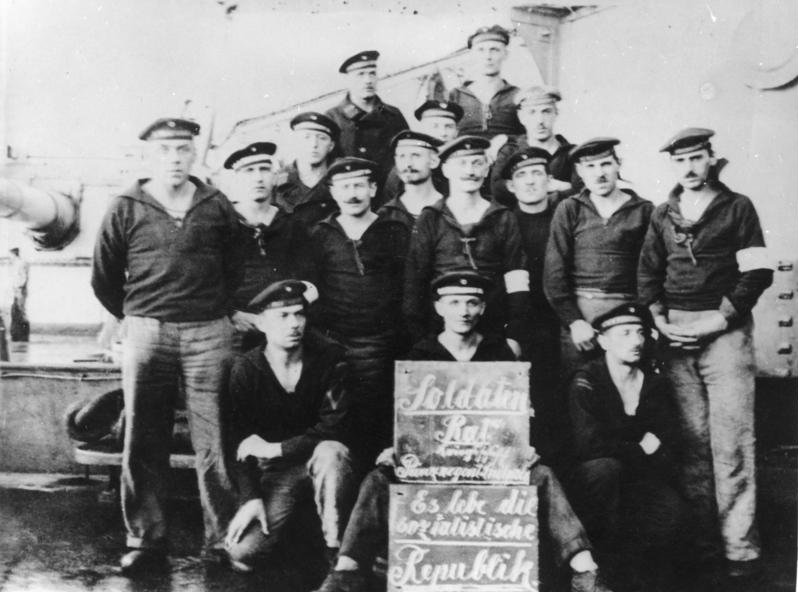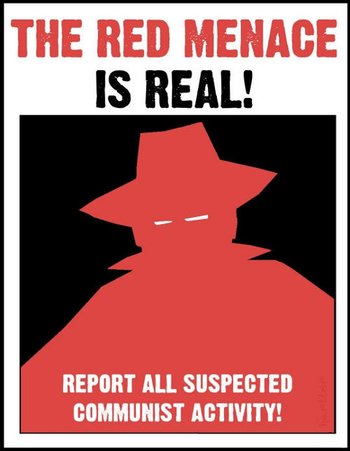A weekend of quiet reflection.
gimms.org.uk/2018/11/09/a-w…
Today’s blog comes just before the weekend commemorating 100 years since the end of the First World War, the ‘war to end war’.
When it started people thought it would be over in a matter of months
Demoralised German workers, suffering from food and fuel shortages, threatened revolution at home.
The armistice went into effect at 11am on 11 November 1918.
The war did not end all wars. The brutality and pitiless nature of the war and sacrifice of the combatants did help to change the world.
100 years on those benefits are under serious threat and among those who suffer
This weekend we will respect their memory in a modern way.
We will not post or comment on social media from sunset on Friday to sunrise on Monday.
A great deal of noise is being generated over what is,at heart, a matter of too many people,on both sides of the argument, who are not prepared to understand
So this blog is going to run through a few of the basics that should be understood by supporters and critics alike.
These people have influenced the work of more recent economists and finance experts.
It is an antidote to the neoliberal traditions which have a firm grip on the way our politics
When governments spend they create new money. When they Tax they destroy it.
When commercial banks make loans they create new money.
That matters.
This is ‘political’ even though it may not be Party-specific political.
Perhaps someone would like to bend their creative talents to thinking of a neat way to encapsulate that idea that carries the real message.







